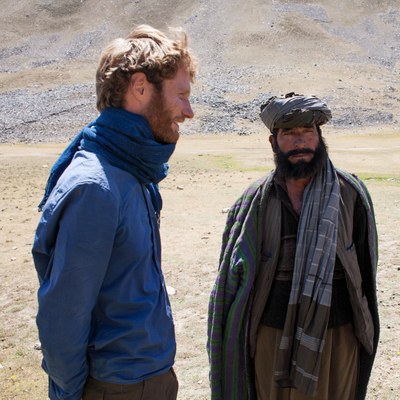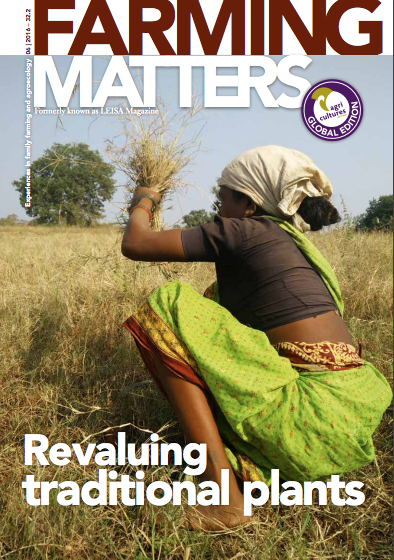“Local, traditional food, rooted in traditional crops and agricultural practices, is a source of strength, ability and culture […]” Frederik van Oudenhoven narrates how through connection with the knowledge of their elders, young farmers in Badakhshan, Afghanistan, make sense of the present and imagine a future of their own.

I saw a film recently about the leftovers of war in Afghanistan’s northern province of Badakhshan. It is a beautiful film that shows the resourcefulness and strength of youth. But like most media and the stories we read about the region, its focus is on violence, the undeniable, under-the-skin truth of something that has been etched into the collective soul of a people. There is hope, but it is difficult to see where hope might cling to and how it will transform itself into something tangible in the lives of these young people.I wrote a book about Badakhshan, together with my friend Jamila Haider. We didn’t mention war as much – our book is about food and agriculture, and the culture and identity that spring from them. The war is now largely absent in the Pamir Mountains, the part of Badakhshan where we worked. When we began to write about Pamiri food, we wanted simply to document elders’ recipes. That way, we hoped their crops and unique varieties of fruit and grains would continue to be used in the future. But as we began to cook together and hear the old people’s stories, food revealed a quiet power: “look around,” a grandfather told us over a bowl of soup, “everything you see, the fields, the canals, the soil, the seeds, the stones of the mills… we made it ourselves. With our own hands. No help.” Where war and peacebuilding, and generally the efforts of development agencies, are external forces far beyond the reach of ordinary farmers, the making of local, traditional food, rooted in traditional crops and agricultural practices, is a source of strength, ability and culture – something to channel the energy of young Pamiris that is very different from war.
Seen in this broader way, food is a powerful tool for young farmers to make sense of the present, to explain drastic changes in landscape, trade, and social relations, and so to imagine a future of their own, unmarred by the unyielding presence of corruption, violence, and foreign markets. In the past two decades, as the role of markets increased, over two thirds of young Pamiri men have left their mountains in search of money. Farming is not an easy source of income. However, the Russian ruble crisis is now forcing many of them back to their land. Many have forgotten or never learnt how to farm. The knowledge they need is not in the hands of development agencies, it is with their elders within their communities. The coming years are crucial for young farmers to reconnect not only to their land, but also to the knowledge and crops of their elders.
Frederik van Oudenhoven (34) (fvanoudenhoven@gmail.com) is a co-author, with Jamila Haider, of ‘With our own hands’, a book in English, Dari and Tajik, about the cultural and agricultural history of the Afghan and Tajik Pamirs. The book was awarded 2016 ‘cookbook of the year’ by the Gourmand World Cookbook Awards.

